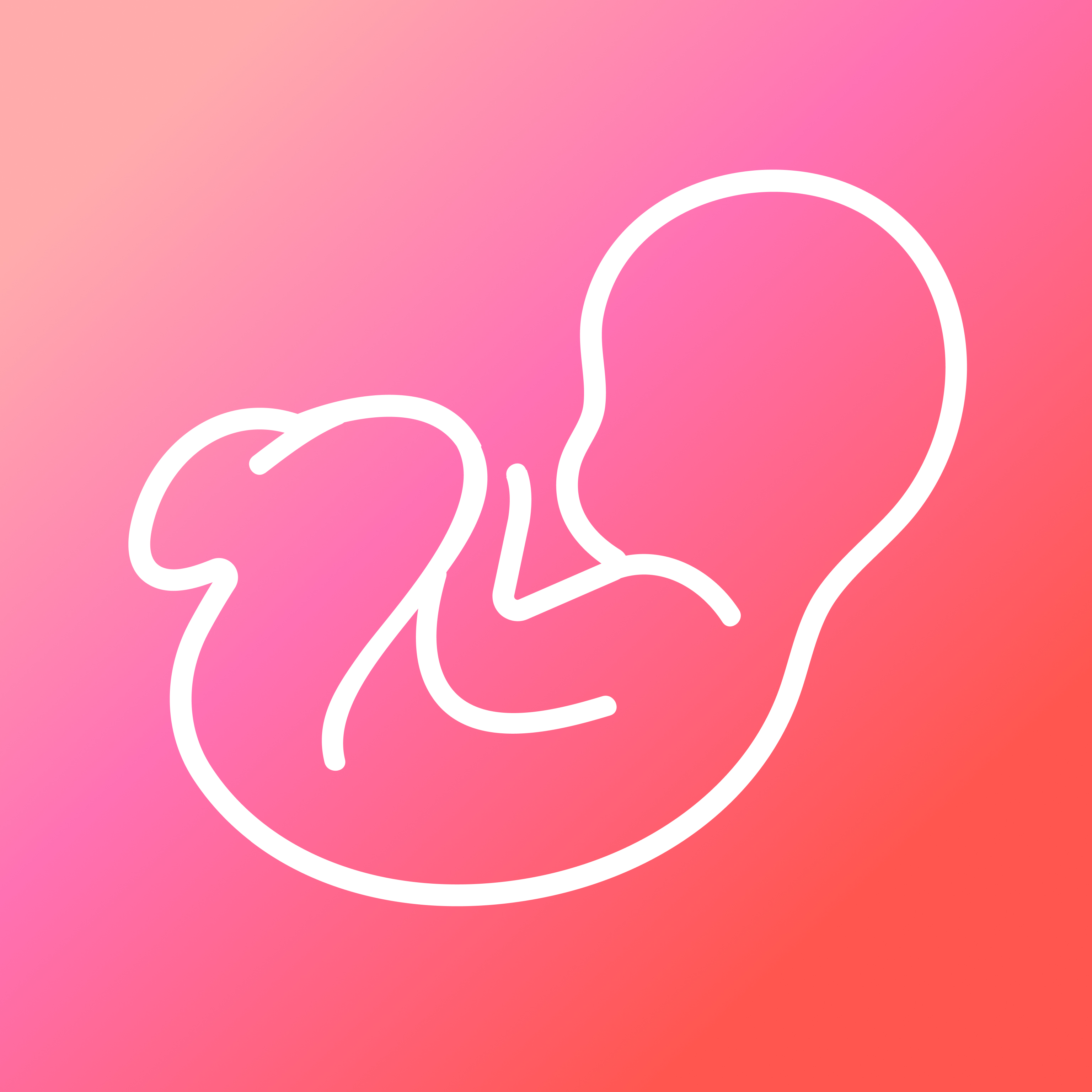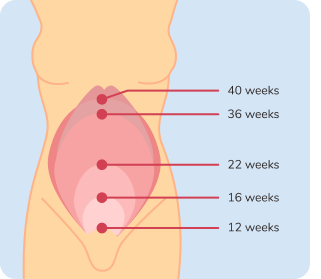As you approach the conclusion of your first trimester, remarkable changes are underway.
The expansion of your uterus, now the size of a grapefruit, is shifting upwards, offering a slight reprieve from the frequent bathroom visits.
Bigger Breast: A very common occurrence as your body prepares for lactation.
Mood changes: Occasional mood swings due to hormonal adjustments.
Water Retention: Some may experience water retention, contributing to swelling.
Digestive Changes: Constipation may become more pronounced, signaling changes in your digestive system.
While the intensity of early pregnancy symptoms like nausea begins to wane, this week introduces a spectrum of new experiences.
Notably, the subsidence of nausea is a welcome change for many. However, it's crucial to maintain hydration and a balanced diet to mitigate potential dehydration effects.
The visibility of your pregnancy through a burgeoning belly and enlarged breasts marks a significant milestone. The occasional breast leakage you might encounter is a preparation for breastfeeding, facilitated by the hormone prolactin.
Emotional variability remains a constant companion, underpinned by the ongoing hormonal ballet within your body.
Digestive discomforts such as heartburn or constipation are attributed to progesterone's muscle-relaxing effects, including those within the gastrointestinal tract.
Meanwhile, an increase in hair and nail growth can be credited to estrogen's influence on extending their growth phases.
Nutritional Balance: Aim for a diet rich in nutrients, supplementing with an additional 300 calories daily for fetal growth.
Comfortable Wardrobe: Invest in supportive and comfortable maternity wear to accommodate your changing body.
Physical Activity: Engage in gentle exercises like yoga or swimming to alleviate mood swings and digestive issues.
Heartburn Management: Consult your healthcare provider before using antacids to ensure safety for you and your baby.
The upcoming week heralds a period of increased well-being, with diminished morning sickness, a surge in energy levels, and potentially a heightened desire for intimacy.
Stay tuned for more insights as you progress further into your pregnancy journey.
![]()
View Sources
NCBI Bookshelf: Physiology, Maternal Changes
PubMed Central (PMC): Physiological Changes in Pregnancy
Nature: A review of physiological and behavioral changes during pregnancy
The Lancet: Anatomical and physiological alterations of pregnancy
American College of Obstetricians and Gynecologists (ACOG): Maternal Physiologic Changes">

















Answer
1
Answer
0